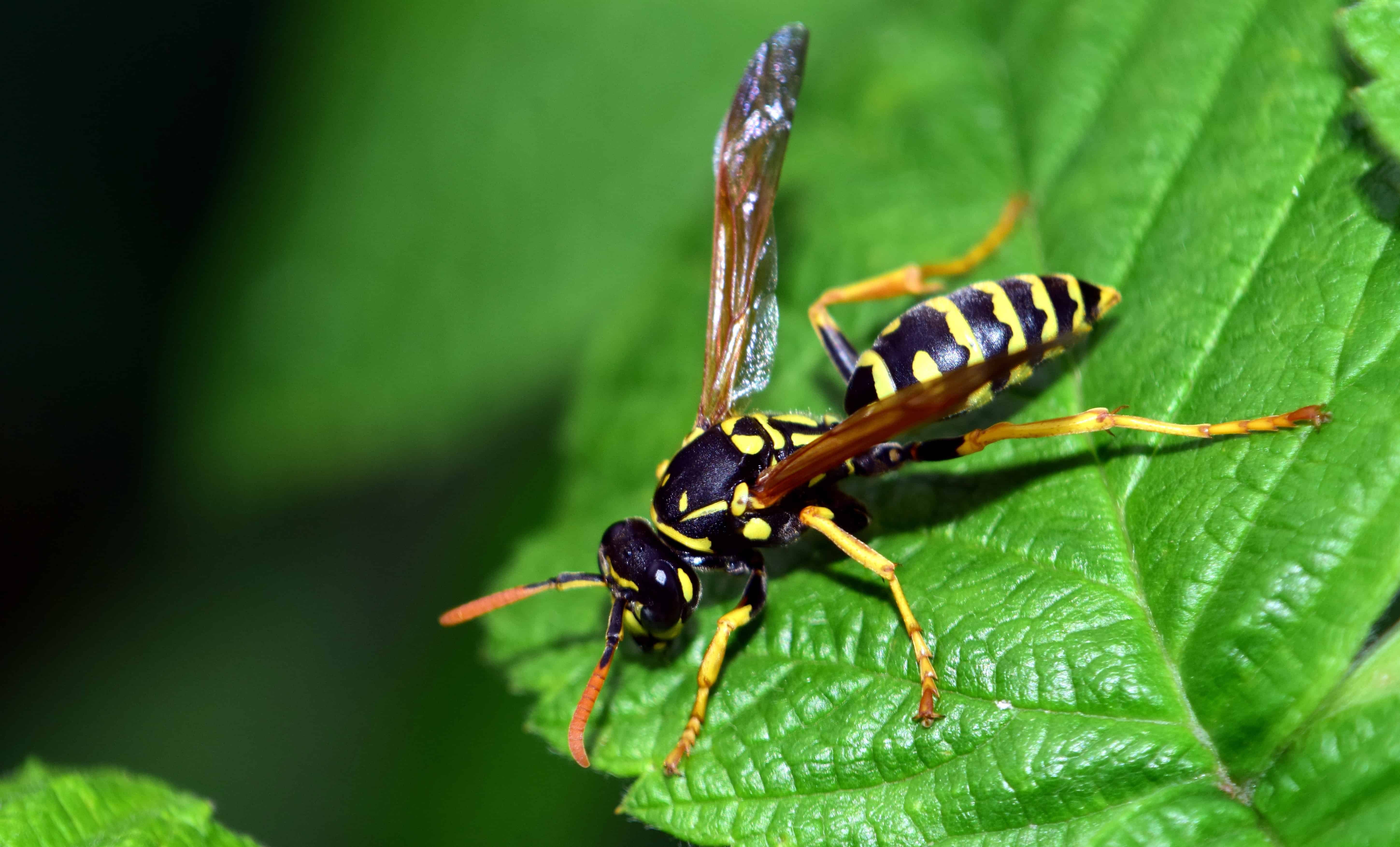About a decade ago, researchers started paying closer attention to the much hailed healthy properties of red wine. Particularly, a compound found in red wine (resveratrol – also found in the “anti-cancer beer”) was shown by some to provide a healthier and longer life. However, while the claim was supported with evidence by several teams, it was attacked from all sides by scientits who don’t believe that resveratrol, a compound expensively synthesized in several drugs has so much benefits when ingested via red wine.
This week in the journal Science, researchers showed that resveratrol acts directly on a protein that has been linked to cell metabolism and inflammatory diseases – SIRT1.
“This will be a major step forward for the field,” says David Sinclair, a molecular biologist at Harvard Medical School in Boston, Massachusetts, and lead author of the study. ”The controversy has no doubt scared people off from studying these molecules.”
Some 10 years ago, Sinclair and his co-workers reported that resveratrol activated SIRT1, a member of a family of enzymes that is connected with ageing and several dangerous conditions. They founded a company that was acquired 4 years later by GSK. The main issue however was that several other teams tried to replicate their results, but weren’t able – which raised quite a lot of question marks. The only time they could replicate the results was when a bulky, hydrophobic tag was present on the accompanying peptide. Controversy went on and on, polarizing the situation into two opposite camps: those who believed you need the tag for resviretol to work its magic, and those who believe you don’t.
But Sinclair and his colleagues now report that some of the naturally occurring targets that are amenable to SIRT1 activation by resveratrol and other such compounds have a common feature: bulky, hydrophobic amino acids at a key position. This would pretty much eliminate previous controversies, because it doesn’t matter if you need the tag or not, since you have it anyway; the study they published now produces the much needed clarification and scoring a goal for red wine supporters.
However, it is still unclear to what extent the compound’s biological effects are caused by its interaction with SIRT1 – since resviretol actually acts on a number of different proteins.
Via Nature doi:10.1038/nature.2013.12563







